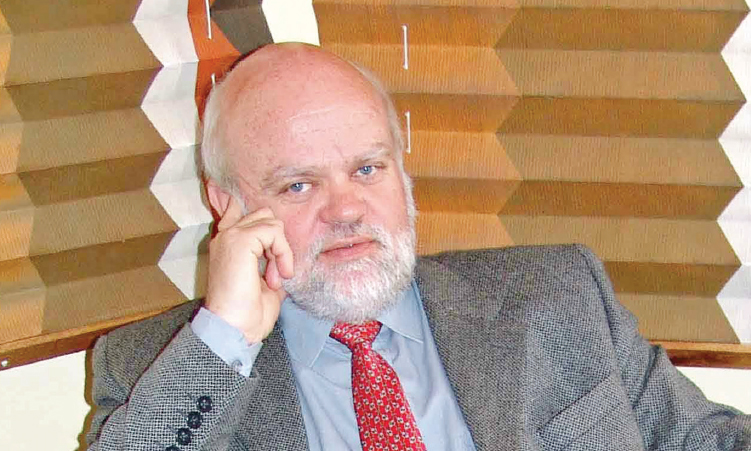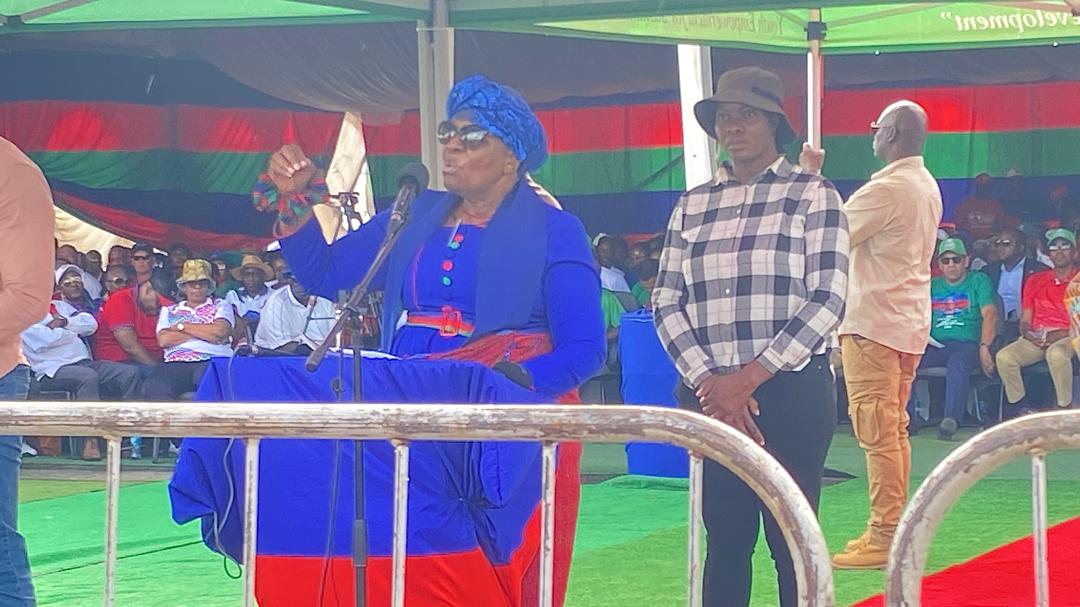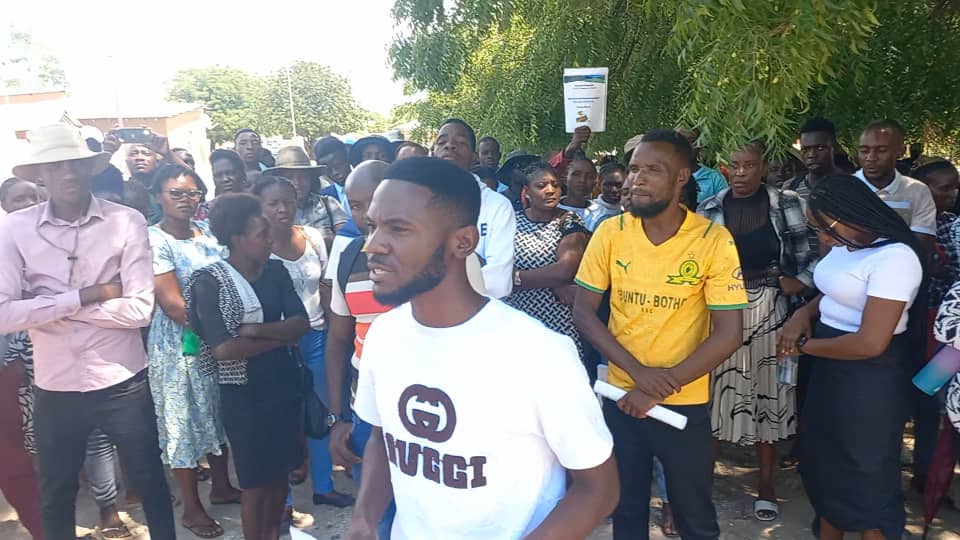‘Put people first’ was Raymond Ackerman’s credo.
It was the way he went about his daily life and the way he routinely conducted business.
By doing so, or put more succinctly, by walking the proverbial talk and placing people before profit, Ackerman gained the trust of his customers.
He died on 7 September at the age of 92.
Since his death, tributes have been written about this man who was a legend.
I have yet to come across any tribute that puts the iconic entrepreneur in a bad light.
This speaks volumes of the man, doesn’t it?
Since his retirement from business in 2010, Ackerman is still remembered for making consumer sovereignty the bedrock of his business philosophy and for the spirited fight he regularly put up for consumers.
Unsurprisingly, he gained a reputation for being the housewife’s champion for affordable food.
An often quoted pearl of wisdom from Ackerman’s litany of business lessons that he liberally shared with anyone who cared to listen is that good business means doing good things all the time, and not only some of the time.
Always placing customers, staff, suppliers, and the community in which he did business first, Ackerman said, helped him grow a small Cape Town-based retail chain of four supermarkets which he bought in 1967 into today’s Johannesburg Stock Exchange-listed behemoth Pick n Pay.
Headquartered in Cape Town, South Africa, Pick n Pay now has a presence in eight African countries, including Namibia.
The firm has over 2 200 company-owned and franchised outlets that employs more than 42 000 people.
Ackerman has died, but long will the retail titan be remembered for the indelible mark he left on southern Africa’s retail landscape.
Published some years ago, one hopes his books ‘Hearing Grasshoppers Jump’ and ‘A Sprat to Catch a Mackerel’ will be reprinted.
The visionary and philanthropic Ackerman was what is described in Yiddish terms as a “mensch”.
There are many corporate firms which love to show how generous their support is for the community in which they operate and for the country.
The management of such firms just love having pictures of themselves in the media.
One cannot help but feel their craving for publicity overshadows what the intent really ought to be – doing good in the community in which they do business.
Often in the same newspapers where they showcase their generosity, the legal section is dominated with notices of property repossessions and intended debt recovery litigation.
The first dean of Harvard Business School, Edwin Francis Gay, said the purpose of business is not to merely focus on maximising profit generation at all costs, but to make a decent profit decently.
A contemporary of motor vehicle manufacturing icon Henry Ford, Gay was dean of the prestigious business school from 1908 to 1919.
The role of business is to create economic value in such a manner that the society in which an enterprise operates also shares in the value that has been created.
Quite a mouthful, isn’t it?
But read it again to see how it makes sense.
And that is what Ackerman strived for, and by his own admission that is what contributed towards the success he achieved in the business arena.
- Danny Meyer is reachable at danny@smecompete.com.
Stay informed with The Namibian – your source for credible journalism. Get in-depth reporting and opinions for
only N$85 a month. Invest in journalism, invest in democracy –
Subscribe Now!






